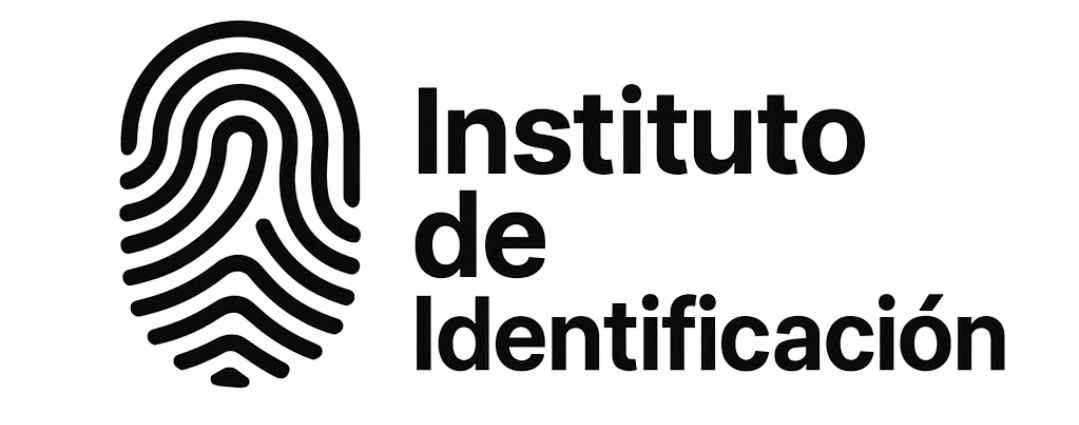In today’s world, credit cards are more than just a payment method — they’re an essential financial tool that offers convenience, flexibility, and a range of benefits.
Understanding how credit cards work can help you make better decisions, earn rewards, and manage your personal finances with greater control.
FAQ – Canadian Credit Cards Explained
What is a credit card and how does it work?
A credit card allows you to borrow money from a financial institution to pay for goods or services. You’re expected to repay the amount borrowed either in full or over time, often with interest. Some cards offer perks like points, cashback, or travel rewards. 🏦
What are the benefits of using a credit card in Canada?
Credit cards help you build a credit history, earn rewards, access emergency funds, and benefit from extras like purchase protection and travel insurance — especially useful for frequent travellers. ✈️
How is a credit card different from a debit card?
Debit cards pull money directly from your chequing account. Credit cards, on the other hand, allow you to borrow up to a set limit and pay later. They’re ideal for improving your credit score and managing larger or recurring purchases.
What should I look for when choosing a credit card?
Pay close attention to the interest rate (APR), annual fee, rewards program, and whether the card suits your spending habits. Read the fine print to avoid hidden fees. 📊
How does interest affect my credit card balance?
If you carry a balance, interest adds up quickly. To avoid high costs, try to pay your full statement balance each month or choose cards with lower interest rates.
What are credit card rewards and how do they work?
Rewards come in many forms: cash back, points, or miles. Choose a card that matches your regular spending habits (e.g. groceries, gas, travel) to maximize your earnings. 💳
How can I build credit using a credit card?
Use the card regularly but wisely. Always pay on time and keep your balance low relative to your credit limit. This builds a positive credit history, which is key for future loans or mortgages.
What fees should I watch out for?
Common fees include annual fees, late payment charges, and foreign transaction fees. If you travel or shop online often, look for cards with zero foreign fees. 💼
How can I avoid hidden costs?
Always read the terms and conditions. Look out for things like interest rate hikes, inactivity fees, or balance transfer charges. Knowing your card’s policy helps you stay in control.
What happens if I miss a payment?
Pay at least the minimum right away to reduce penalties. Call your provider — many offer a one-time waiver for missed payments. But avoid making it a habit, as it can hurt your credit. 🚀
How can I prevent credit card fraud?
Check your statements often, shop on secure websites (https://), and consider enabling transaction alerts. Most cards include fraud protection and zero-liability policies. 🛡️
Does closing a credit card hurt my credit score?
It can — especially if it’s one of your older cards or has a high credit limit. Keeping it open (even with minimal use) may be better for your overall credit utilization. 🔑
What’s the best way to manage credit card debt?
Track your spending, create a realistic payment plan, and avoid new charges. If needed, explore balance transfers or debt consolidation options for lower interest.
What should I do if I lose my card or it’s stolen?
Report it immediately to your card issuer. They’ll block the card and issue a replacement. Fast action can protect you from unauthorized charges.
Are credit cards safe for online purchases?
Yes — often safer than debit. Use secure sites, update antivirus software, and monitor your account regularly for any suspicious activity.
What are prepaid credit cards and how do they work?
Prepaid cards require you to load funds before using them. They don’t impact your credit score but are a great budgeting tool or alternative if you’re not eligible for a traditional card. 💰
What is a grace period?
It’s the window of time (usually 21–25 days) after your statement where you can pay off your balance without interest. Paying during this period saves money long-term.
What is a balance transfer and when should I use one?
It means moving your existing credit card debt to a new card with a lower interest rate. Great for reducing interest costs, but be mindful of transfer fees. 🔄
Why do interest rates vary between cards?
Rates depend on your credit score, the type of card, and the bank’s policy. Good credit often leads to lower rates — always compare options and negotiate if possible.
🧠 Final Thoughts
Understanding how credit cards work in Canada can lead to smarter financial decisions, better credit, and more purchasing power. With the right habits, you can make the most of your card — and your money.
